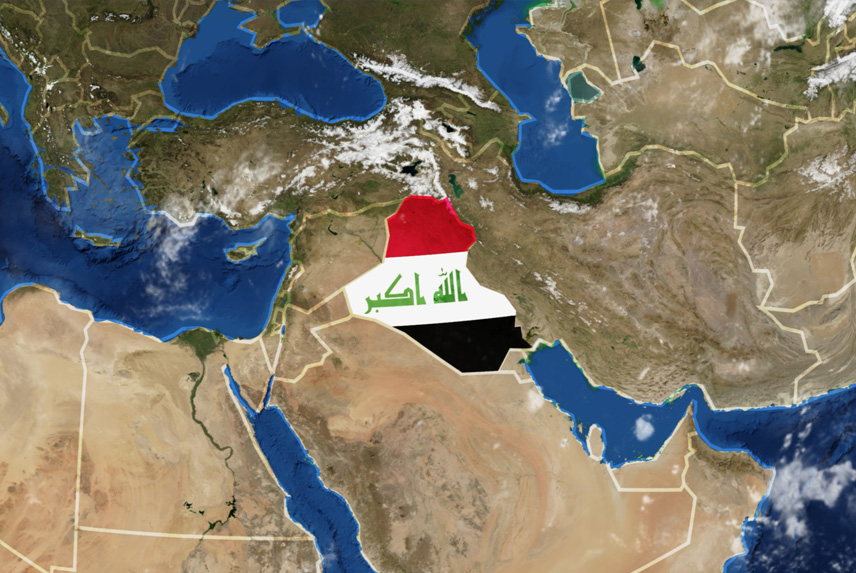
Posted On : Dec 13 2020
Kata`ib Hizballah (KH) : Examining the Militant Group`s Influence in Iraq
Kata`ib Hizballah (KH), often referred to as the "Hezballah Brigades," is a Shiite militant organization operating in Iraq. Founded in the wake of the U.S.-led invasion in 2003, KH has evolved into a significant player in the country`s complex security landscape.

KH was established in 2003 following the fall of Saddam Hussein's regime by Abu Mahdi al-Muhandis, a prominent Shiite militia leader with close ties to Iran. The group's creation was driven by a desire to resist the U.S. presence in Iraq and protect Shiite communities from potential sectarian violence.
KH's primary objective is to promote Shiite interests in Iraq, counter perceived threats to Shiite communities, and resist foreign influence, particularly that of the United States. The group draws inspiration from Iran's revolutionary ideology and is often viewed as an Iranian proxy, though it maintains a distinct Iraqi identity.
KH has been involved in a range of activities, including armed attacks against U.S. military personnel during the Iraq War. After the U.S. withdrawal in 2011, KH shifted its focus to combating extremist Sunni groups, particularly ISIS, which posed a significant threat to Shiite communities in Iraq. The group played a critical role in the fight against ISIS and gained recognition for its efforts.
KH has faced allegations of human rights abuses and sectarian violence. Some reports have accused the group of targeting Sunni civilians, which has fuelled sectarian tensions in Iraq. These allegations have contributed to a complicated relationship with the Iraqi government and other Shiite militias.
KH's influence extends beyond Iraq's borders. The group has close ties with Iran's Islamic Revolutionary Guard Corps (IRGC) and Lebanon's Hezballah, both of which share a Shiite and anti-U.S. stance. These connections have raised concerns about KH's role in advancing Iran's regional agenda and its potential to destabilize neighbouring countries.
The Iraqi government has faced challenges in managing KH and other Shiite militias operating in the country. While some of these groups have been integrated into the state security apparatus, their activities have also posed challenges to Iraq's sovereignty and stability.
Kata'ib Hizballah (KH) is a Shiite militant group with a complex history and evolving objectives. Founded in response to the U.S. invasion of Iraq, the group has evolved from an anti-U.S. insurgency to a significant player in the fight against ISIS. Its close ties to Iran and association with other Shiite militias have raised concerns about its influence in the region.
While KH has played a pivotal role in addressing immediate security threats in Iraq, its activities have also been marred by allegations of sectarian violence. As Iraq continues to grapple with instability, managing the influence and activities of groups like KH remains a critical challenge for the government and its regional partners.
Efforts to integrate and regulate Shiite militias into Iraq's security forces, address sectarian tensions, and promote national reconciliation will be essential to achieving lasting peace and stability in the country. The complex dynamics surrounding KH highlight the multifaceted nature of Iraq's security challenges and the importance of addressing both internal and external influences in the pursuit of long-term stability.
No Comments Added




















